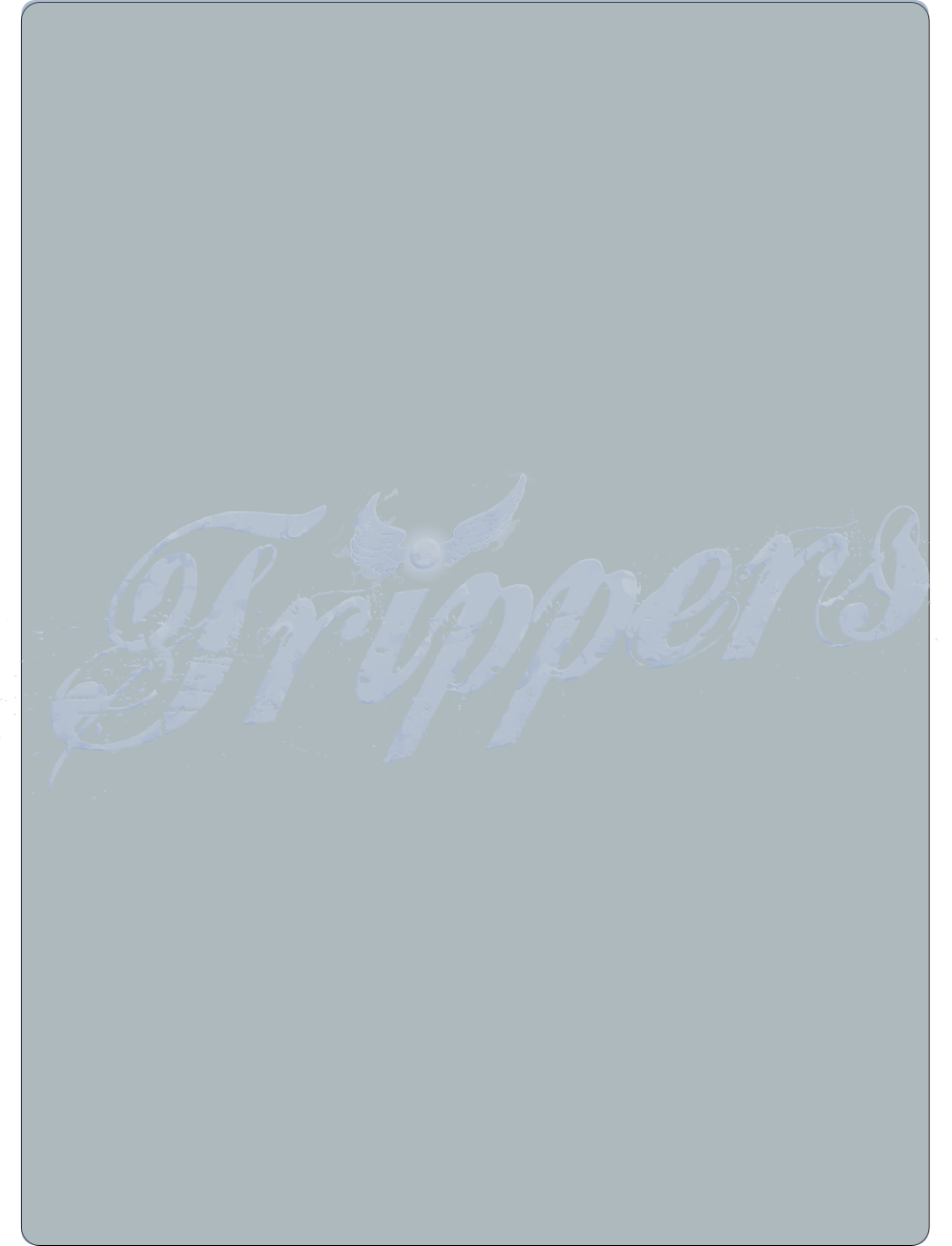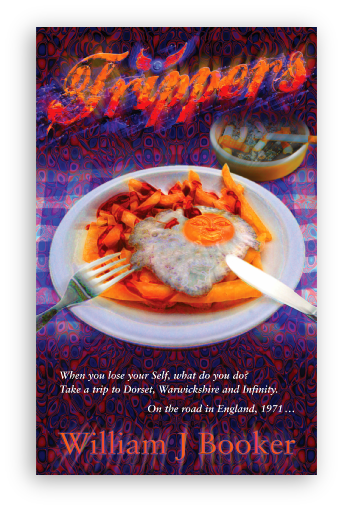
William J Booker
William J Booker © all rights reserved.

Trippers
Original Paperback: 504 pages
ISBN-10: 1908248963
ISBN-13: 978-1908248961
Product Dimensions: 20.3 x 12.7 x 2.8 cm
Also available from*:
Amazon.co.uk
Barnes & Noble.com
and all good booksellers.
*Prices may vary
A very English Kerouac set to a Withnail & I scale, this is the story of Bill Booker’s search for the meaning of life.
A semi-autobiographical psychedelic odyssey.
1971, April, Leicester, England. 18 year old Bill Booker is disillusioned. He’s had it with his mates, his job and life in general. Everything seems meaningless. He’s sick of himself. He’s in a hole. Something has to give. What can he do to prevent his life slipping into this abyss of despair?
Find some new friends for one thing. Take a trip for another.
July. With some new friends he sets off for the south coast, treating everything he experiences along the way, no matter how trivial, as tests, lessons and initiations on his quest . . .
‘. . . a cast of characters so well drawn as to be etched into my consciousness . . . I am right there with them as these archetypes of Everyman struggle with and search for an understanding of their existence . . . a must read for anyone searching for the sine wave of Life within their own heartbeat . . . and the heartbeat of the Earth . . . and, anchoring all the visions and tomfoolery, Trippers is shot through and through with a true wonder of this experience we call Life . . . Invigorating . . . not for the timid or fragile sensibility . . .’
S C Thompson,
author of Viene La Tormenta
‘This is lyrically written, philosophical and funny – quite an unusual combination – and pulled off brilliantly.’
Ben Hardy,
author of Ben’s Adventures in Wine Making:
The Life, Times and Wines of Ben Hardy




‘I began to desire a compass and almost bought one, but realized at the last minute that it was the concept I was enamoured with, not the artefact.’
